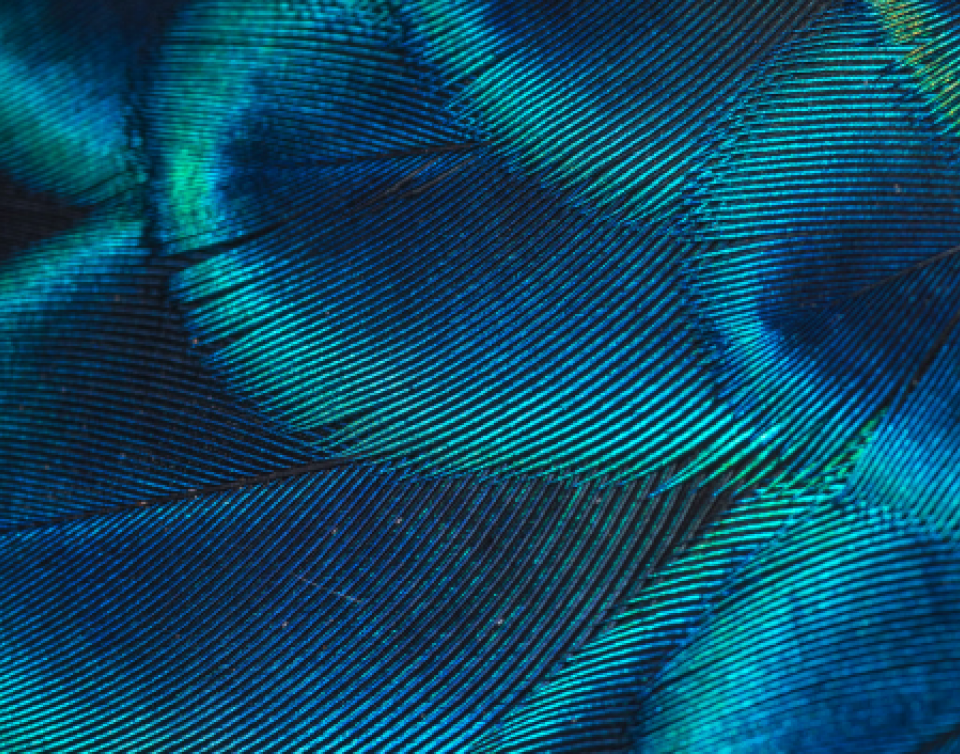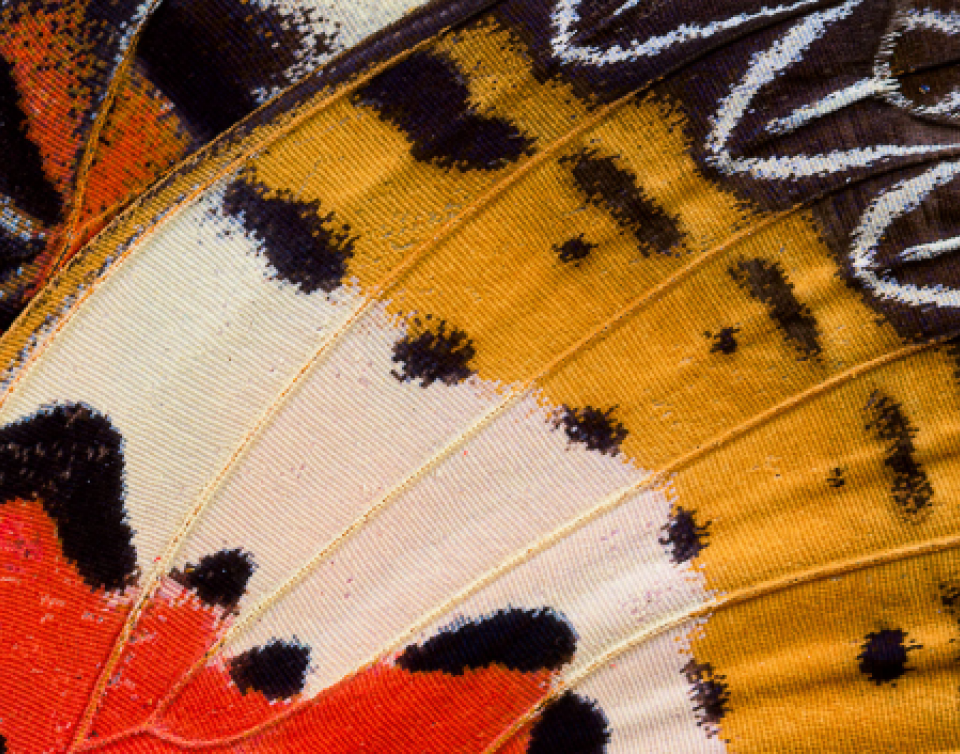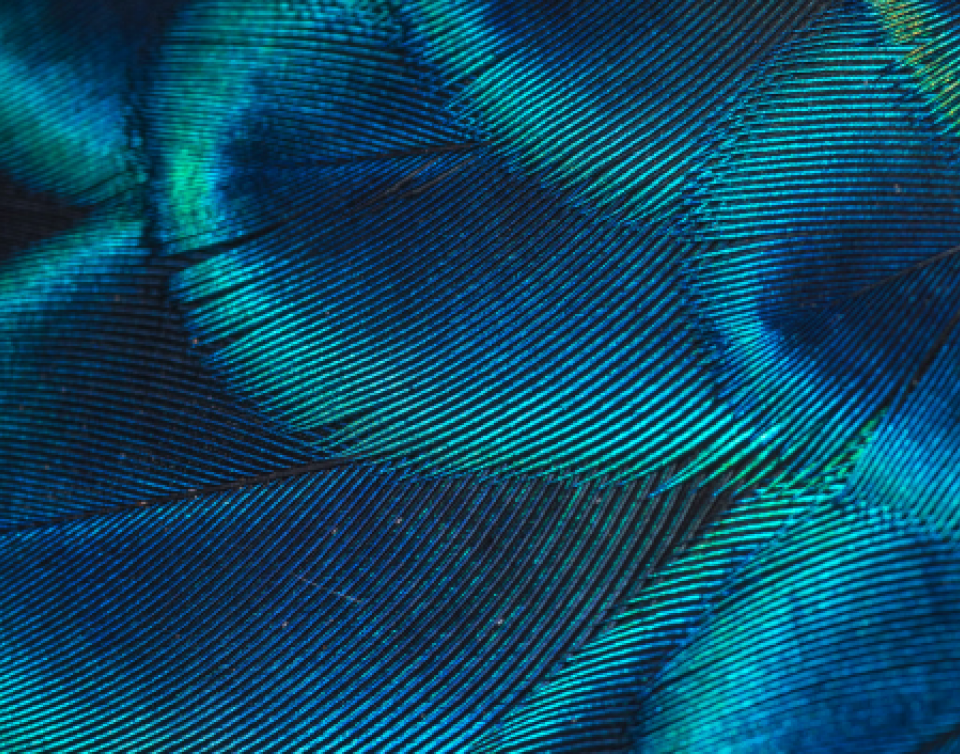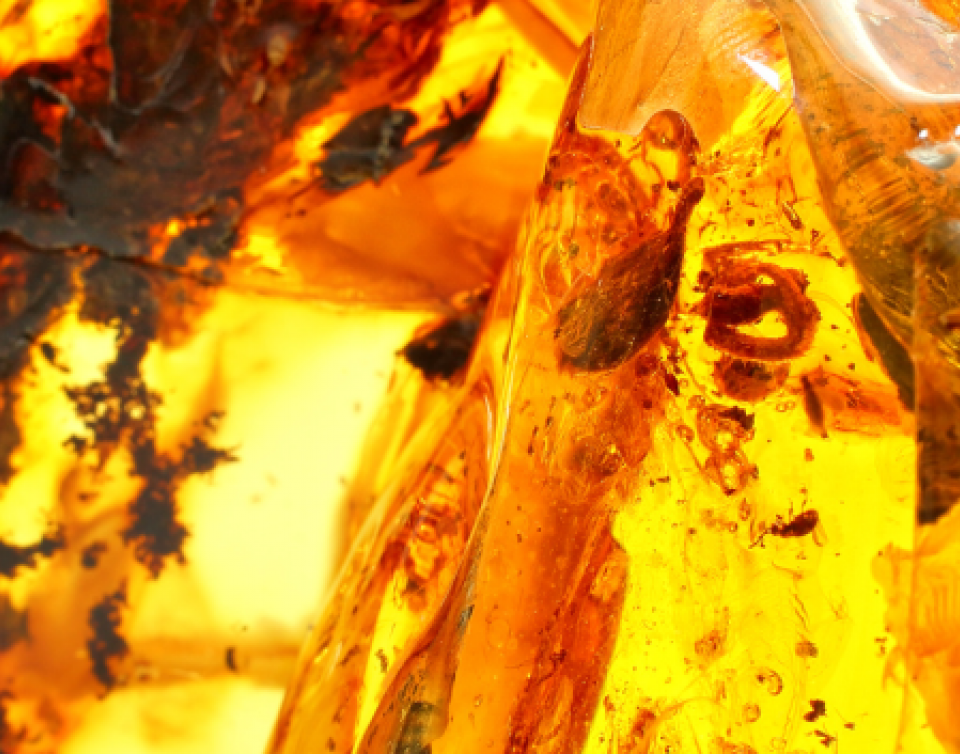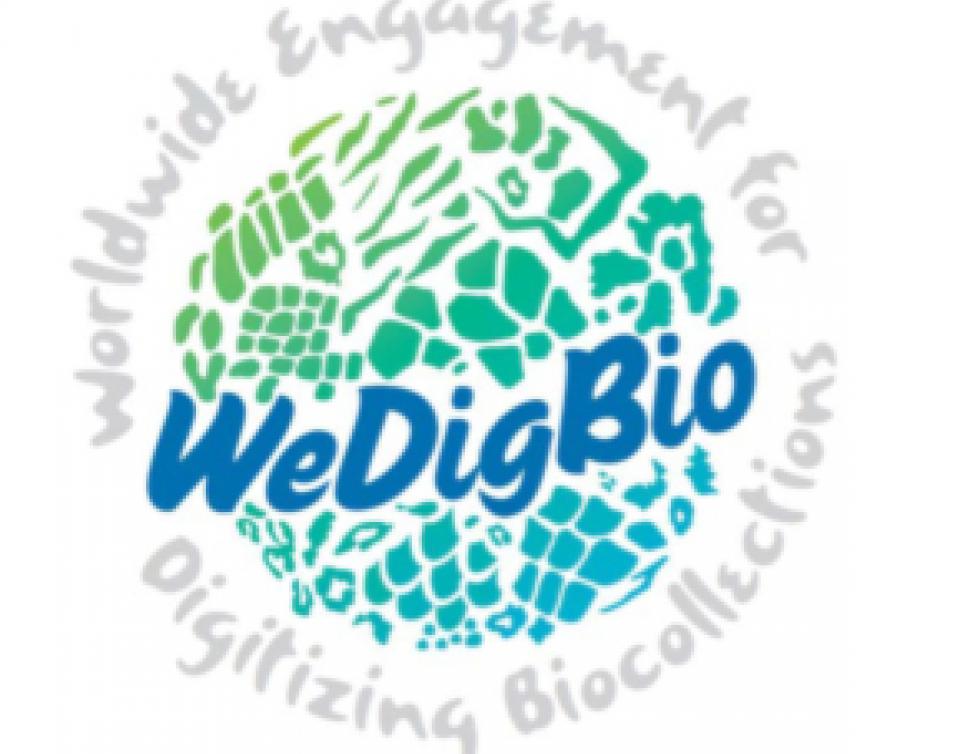Education and Outreach
October 2019 Biodiversity Spotlight
Being Loved To Death – A Third of Cacti at Risk of Extinction
Article contributed by: Lin Li, Project Manager, Endless Forms TCN

oVert Workshop: 3D Vertebrates, From Museum Shelves to Classrooms
Article contributed by Julie Bokor (UF Center for Precollegiate Education and Training)

July 2019 Biodiversity Spotlight
Yellow-billed Cuckoo, Coccyzus americanus

Article and photos contributed by Natasza Fontaine
May 2019 Biodiversity Spotlight

Photo courtesy of: David Keil
Article contributed by: Katelin Pearson
April 2019 Biodiversity Spotlight

Written by Selena Smith, Robyn Burnham, and Garth Holman from the Pteridological Collections Consortium (PCC) TCN.
March 2019 Biodiversity Spotlight

February 2019 Biodiversity Spotlight
Wood Turtle, Glyptemys insculpta

Photo courtesy of: John White - Virginia Herpetological Society
November 2018 Biodiversity Spotlight
Wood-warblers, Parulidae

Image Credit: Joe Poston
August 2018 Biodiversity Spotlight
European honey bee, Apis mellifera

Image Credit: USGS Bee Inventory and Monitoring Lab
2018 US Science and Engineering Festival



